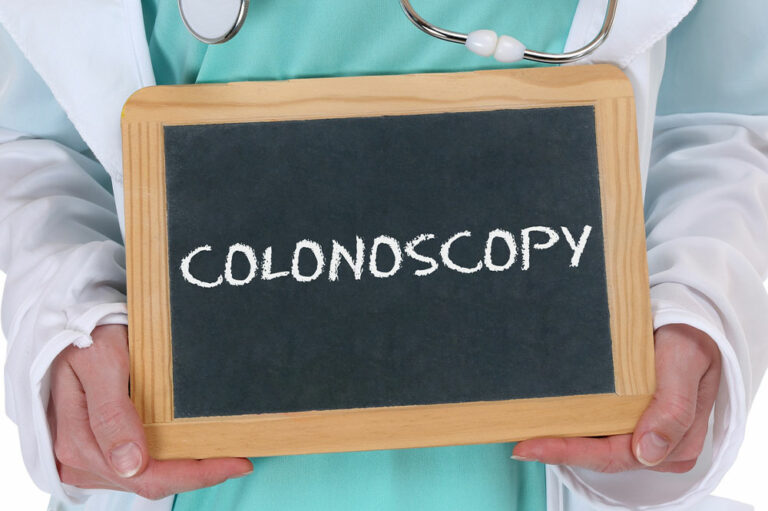Depression and anxiety are just as severe as disorders like diabetes and cancer. Contrary to common perception, the mental illnesses are different health conditions with a few overlapping aspects. A clinically depressed individual constantly feels demoralized, sad, and unmotivated about life for weeks, months, or even years. On the other hand, anxiety involves a perpetual feeling of fear or worry. A commonality between the two is that they negatively impact one’s personal and work life.
Depression and anxiety symptoms
A mental health expert can diagnose depression in individuals when they show the following symptoms:
- Frequent physical problems like stomach aches and headaches
- An inability to fall asleep at night
- A tendency to become easily frustrated or irritated
- Difficulty in memorizing or concentrating on things
There are many other indicators of clinical depression. Anxiety can be detected when a person shows typical symptoms, some of which include:
- A perpetual feeling of impending doom, danger, or panic
- An increase in blood pressure and heart rate
- Frequent bouts of sweating and trembling
- Breathing quickly with inconsistent pauses (hyperventilation)
Multiple depression symptoms, such as concentration issues, changes in sleep patterns, and increased irritability, can also be found in people with anxiety disorder.
Depression and anxiety causes
Although it does not have a definitive trigger, certain conditions and situations can bring about short-term or long-term depression, including:
- Hormonal imbalance (especially in women during their menstrual cycle, menopause, perimenopause, or postpartum period) and changes in brain chemistry, a person’s appetite, sleep cycle, mood, and thoughts
- Chronic pain due to health conditions like migraine or cancer
- A family history of depression (If a couple suffers from depression, their children are likely to have the condition)
Certain situations trigger anxiety attacks in individuals. Unlike depression, which causes a permanent feeling of gloom in individuals, anxiety may arrive in spurts caused by the following triggers:
- Stress due to work pressure, poor academics, health issues, money problems, or other factors
- A traumatic event such as the passing of a loved one
- Anxiousness triggered by global or local issues such as epidemics, wars, natural disasters, or political instability
- Underlying fears caused due to harrowing past experiences, such as being involved in a dangerous accident. This condition is called Post Traumatic Stress Disorder (PTSD).
Anxiety and depression remedies
As both anxiety and depression have multiple common elements, certain natural or medical remedies can treat both conditions.
- Psychotherapy
This treatment involves a mental health professional having a candid conversation with patients. During the discussion, patients open up about their fears, insecurities, and sadness. Psychotherapy is known to make patients feel better and helps the professional to recommend the best line of action to treat the condition. - Cognitive Behavioral Therapy
Cognitive Behavioral Therapy (CBT) involves behavioral shifts to replace negative and unhealthy thoughts and behaviors with positive ones in patients. - Meditation and exercise
Gentle, rhythmic breathing exercises and physical workout sessions can calm the mind and treat the mental disorders.
Foods to have/avoid for combating anxiety and depression
Foods containing sugar, such as fruit juices and jelly, should be avoided, as sugar is linked with depression. Leafy green vegetables such as spinach, Swiss chard, and kale contain vitamins A, C, K, and E, minerals, and phytochemicals. They should be a part of the daily meal routine to prevent chronic illnesses like depression and anxiety.












